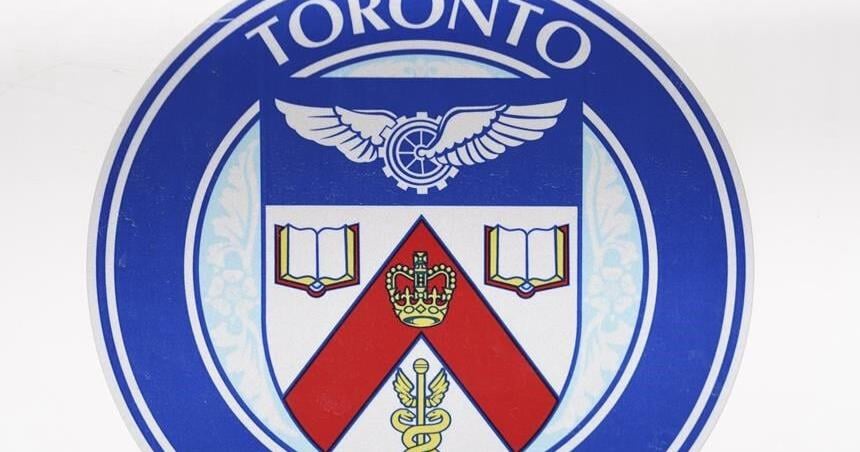TORONTO – Two suspects have been arrested in connection to a weekend shooting that targeted a Jewish school in the city’s north end, Toronto police said Friday, as investigators look to establish the motive for the attack.
Deputy Chief Robert Johnson said a 20-year-old man and a 17-year-old boy were arrested on Thursday in the case.
He said the two are facing multiple charges, including the possession of an unauthorized loaded firearm and the discharge of a restricted firearm.
Police allege the two shot at Bais Chaya Mushka girls’ school on Oct. 12.
“Fortunately, no one was inside and there were no injuries,” said Johnson. A school window was shattered, he said.
Bais Chaya Mushka was the target of another attack in May, and Johnson said investigators are working to find out if the two shootings are linked.
“This is the second incident at the school and it occurred on Yom Kippur, a sacred day for the Jewish community, making this even more devastating,” he told reporters.
He said the force’s gun and gang task force led the investigation with the assistance of the hate crime unit, the Centre of Forensic Sciences and the Ministry of the Solicitor General.
“Their meticulous examination of the evidence was key in identifying and charging the two individuals,” he said.
Johnson said police are investigating to determine if the shooting was motivated by hate, but could not confirm a motive as of Friday.
“While we’re not sure right now what the motivation is, I can assure you that if we find evidence … that this is motivated by hate, we will explore the aggravating nature of this with our partners in the ministry through the court process,” he added.
Johnson said the safety of the city’s Jewish community remains a top priority for Toronto police, and the force will have a strong presence in Jewish neighborhoods for as long as needed.
“Our increased police presence will continue as long as is necessary,” he said.
This report by The Canadian Press was first published Oct. 18, 2024.
